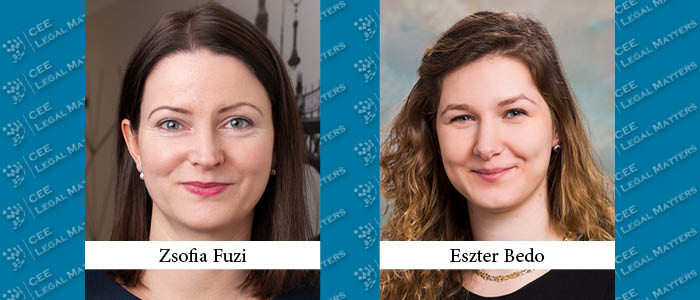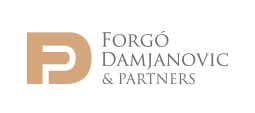The Hungarian renewable energy sector has developed significantly in recent years: the share of electricity from renewable energy sources in gross final electricity consumption was 7.51% in 2017, increasing to 13.9% in 2021. This rapid development was mainly due to the increase in solar power capacity, as the installed capacity of Hungarian solar power plants was around 350 megawatts in 2017, while it exceeded 4000 megawatts in 2022.
Support Schemes
The sector’s development was supported by the mandatory offtake (KAT) support scheme until December 31, 2016, and by a new support scheme (METAR) from January 2017. The introduction of the METAR scheme did not interfere with the previously obtained KAT entitlements, under which the power plants may sell their produced energy through mandatory offtake based on an annual fixed amount (HUF 40.34/kilowatt-hour in 2023).
The METAR scheme comprises three sub-systems determined by the power plant’s capacity: (1) a feed-in tariff (for plants below 0.5 megawatts) with the same rules as those of the KAT system; (2) a green premium without tendering (for plants below 1 megawatt) according to which the producers receive administrative premium support above the market reference price as a surcharge claim; and (3) a green premium granted through tendering procedures for all kinds of renewable power plants. The budgets of the feed-in and green-premium-without-tendering sub-systems determined for 2020-2026 were exhausted in 2019; therefore, new entitlements cannot be requested.
However, the METAR green premium tendering procedure is still available for new renewable energy projects. The tenders are technology neutral, with one bidding round and a price-based evaluation. The winners will be granted green premium support at the initial supported price in the winning bid for the period determined in the tender call, capped at 20 years. The Hungarian Energy and Public Utility Regulatory Authority (HEA) organizes the tenders; the last tender occurred in March 2022.
The provisions of participating in the KAT or METAR scheme have changed several times in recent years. Currently, the producers in the feed-in tariff systems are not allowed to leave the support scheme and sell their produced electricity on the free market.
Grid Deficiency
Due to the rapid growth of the Hungarian renewable energy sector, the electricity system currently faces a capacity deficiency. Therefore, a new system for connection to the transmission grid was introduced in April 2021, according to which capacity may be obtained through competitive allocation tenders or in an individual procedure. The Hungarian TSO, MAVIR Zrt., regularly determines the free capacity of the transmission grid, and developers can apply for these free capacities. The first publication was released at the beginning of May 2022 and, according to that, there was zero capacity in the system. The TSO will release the second publication on free capacities by April 30, 2023.
While the result of the first publication essentially meant that developers could not apply for capacity through the competitive allocation system, the individual procedure is still an option for developers, and the previously required and accepted connection requests (in the amount of approximately 5000 megawatts) will still be met. In addition, the TSO’s network development plan for the Hungarian electricity system has been approved: the TSO plans to modernize and expand capacity with more than HUF 400 billion in the next four years.
Guarantees of Origin
Significant developments happened in the Hungarian guarantees of origin (GO) system in 2022. As HEA, the GO system operator, joined the European Energy Certificate System (EECS), Hungarian GOs may now enter the international market, and foreign GOs received within the EECS are recognized in Hungary. Besides, the Hungarian GO market was launched. This market is an auction-based and multiple-seller model market operated and organized by HUPX Zrt. According to HEA publications, nearly 1,073 gigawatt-hours of domestic and 10 gigawatt-hours of foreign GOs were sold for around EUR 3.53 million at the September 2022 HUPX auction. The next auction is organized for March 21, 2023.
By Zsofia Fuzi, Partner, and Eszter Bedo, Associate, Forgo, Damjanovic & Partners
This article was originally published in Issue 10.3 of the CEE Legal Matters Magazine. If you would like to receive a hard copy of the magazine, you can subscribe here.


